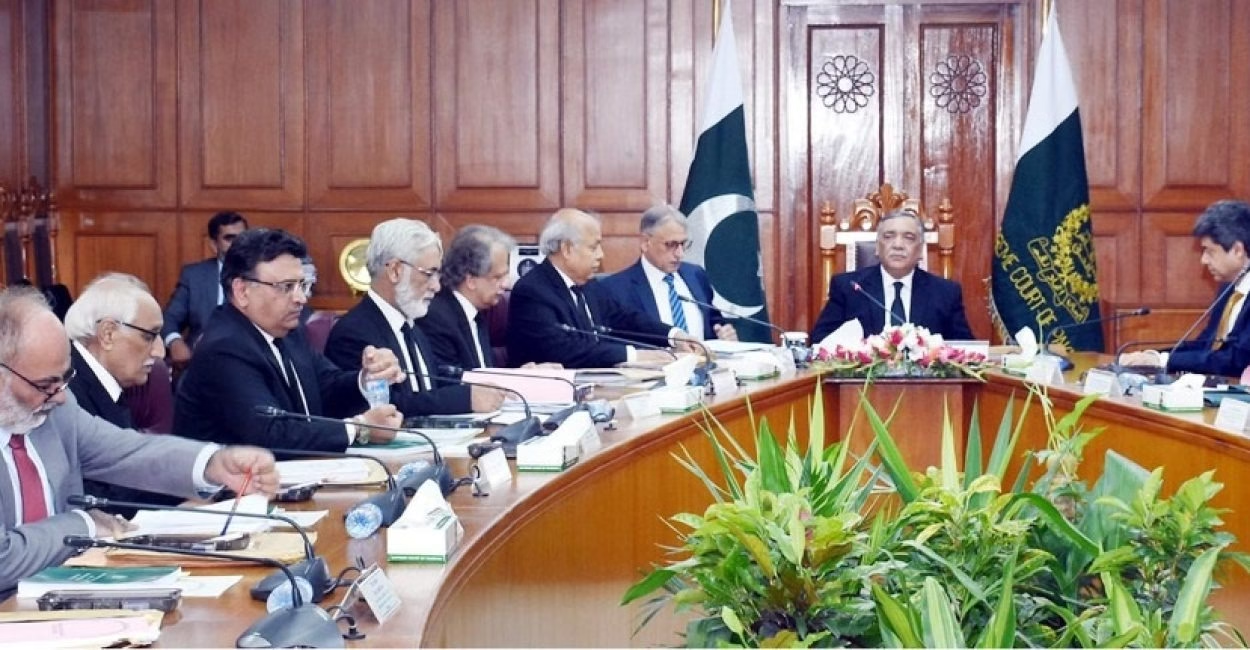The Lahore Family Court, under the jurisdiction of Judge Adnan Liaqat, has issued a verdict against a man who remarried without the consent of his first wife, sentencing him to 7 months in prison and a fine of 500,000 rupees.
The court’s decision came in response to a petition in which it was revealed that the man had remarried without obtaining legal written permission for the second marriage, which is mandatory under the law. The husband failed to seek consent from his first wife before entering into the second marriage.
According to the court’s ruling, the defendant violated Section 6 of the Muslim Family Laws Ordinance, which prohibits polygamy without the express permission of the Arbitration Council. In light of this violation, the defendant has been sentenced to 7 months of imprisonment for contracting a second marriage without consent. Additionally, if the defendant fails to pay the fine of 500,000 rupees, he will face an additional one-month imprisonment.
This verdict underscores the importance of upholding legal and ethical standards within marital relationships, particularly regarding the rights and consent of spouses. The court’s decision serves as a deterrent against individuals who may seek to enter into polygamous marriages without fulfilling the necessary legal requirements or obtaining consent from all parties involved.
Furthermore, the ruling reflects the judiciary’s commitment to protecting the rights and dignity of women within the institution of marriage. By holding individuals accountable for their actions and ensuring compliance with relevant laws and regulations, the court aims to promote justice, equality, and respect for all individuals, regardless of gender.
It is essential to recognize the significance of obtaining consent in matters of marriage, as it is a fundamental principle enshrined in both legal and ethical frameworks. Consent ensures that all parties involved have a say in decisions that profoundly impact their lives, thereby fostering mutual respect, trust, and understanding within relationships.
Moreover, this case highlights the role of the judiciary in safeguarding the integrity of marriage and upholding the principles of justice and fairness. By imposing appropriate penalties for violations of marital laws, the court seeks to deter future instances of misconduct and promote adherence to legal norms and standards.
The Lahore Family Court’s verdict against the man who remarried without consent underscores the importance of respecting the rights and autonomy of spouses within marital relationships. The decision reaffirms the judiciary’s commitment to upholding the rule of law, protecting the interests of all parties involved, and promoting the values of justice and equality in society.



